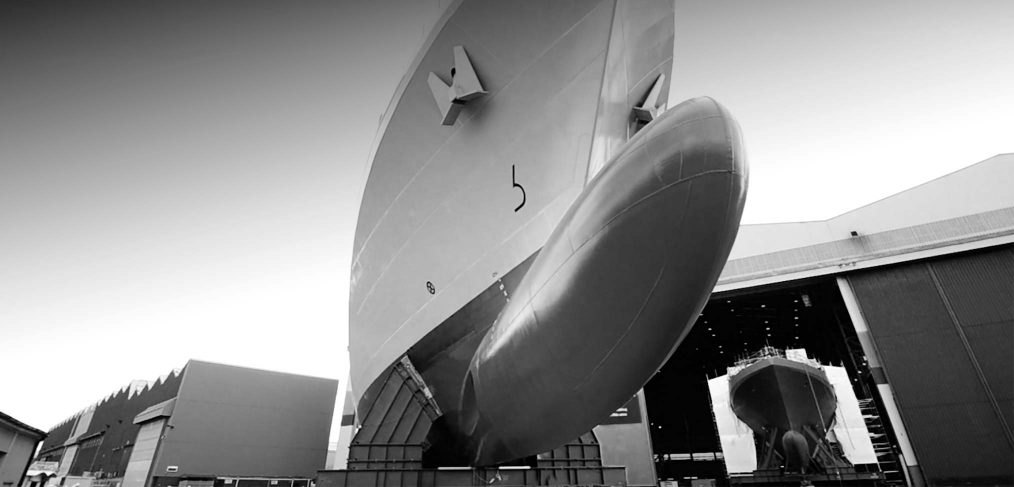First published on Save the Royal Navy’s website: May 16, 2019

Today the all-party group of MPs that comprise the APPG on
shipbuilding publish their report examining the state of the industry in
light of the National Shipbuilding Strategy adopted in September 2017.
Their 30-page document is well worth reading and offers 10 recommendations to government. You can download the APPG report here.
The APPG is part of a growing consensus amongst MPs, unions and
industry that the Fleet Solid Support (FSS) ships contract should be
awarded to the UK consortium with all the obvious benefits to the
economy and future shipbuilding capacity that would bring. They may have
just acquired another powerful ally in their cause. The new Defence
Secretary, Penny Mordant speaking at the Sea Power conference yesterday said we should learn from the success of the Aircraft Carrier Alliance and “create
a virtuous circle where we recognise that it’s long order books and a
steady drumbeat in our yards that strengthens our supply chain and
brings down the overall cost of procurement. What’s needed is a closer
partnership with industry that gives them the confidence to invest and
build and us the confidence that we can and must buy British.”
The report says a specific formula needs to be developed to asses the true value to the Treasury of shipbuilding contracts placed in the UK. This needs to be factored into the decisions made by the MoD when assessing international bids, along with any state subsidy received by overseas bidders. The GMB Union estimates that if the FSS are built in the UK it would support 1,800 jobs and estimates between up to 36% of the cost would be returned to the Treasury.
The APPG say that Sir John Parker’s strategy places too much emphasis on the building of ships hulls and not enough on the combat and mission systems and where there is greater value and profit for wider British industry.
A new long-term defence industrial strategy needs to be developed so there is joined up thinking across the MoD, industry and research establishments. There have been attempts to do this in the past but they have floundered in a boom-bust cycle and lack of a predictable drumbeat of orders. Steps should also be taken to mitigate the vulnerability of existing sovereign defence manufacturing capabilities. The successful Aircraft Carrier Alliance model should be considered for future large procurement projects. It is also interesting to note there is a whole range of government-funded vessels besides the RN and RFA, including those of Trinity House, UK Border Force and British Antarctic Survey which could also be considered within the shipbuilding strategy.
The APPG is lukewarm about the Type 31e, even suggesting we should reconsider ordering more Type 26 frigates instead as greater ASW capability is needed. Attractive as this may seem, current Clyde shipyard capacity and the construction schedule for Type 26 will not deliver ships in time to replace the first Type 23 frigates as they go out of service. In spite of its shortcomings, the Type 31e is the best hope of getting the frigates the RN needs on time and, potentially additional ships in the future.
The report also considers a more profound question: will the current planned fleet composition meet future requirements? As the House of Commons Defence Select Committee says, 19 escort vessels is “woefully inadequate”. It is entirely correct to consider “capabilities not platforms” and look at all options for increasing “lethality and mass” but it is plain we still need more ships (and people).
The APPG might be seen as ‘the shipbuilding lobby arguing for more shipbuilding’ but this would be entirely unfair. Having observed this honourable group of MPs of very different political persuasions for a number of years it is clear they care, not just about UK industry and its workers, but about the wider issues around the future of the Royal Navy.
This article published with kind permission of Save the Royal Navy, a site dedicated to preserving Britain’s operational Navy.

Comments on All-Party Parliamentary Group for Shipbuilding publish report on the industry